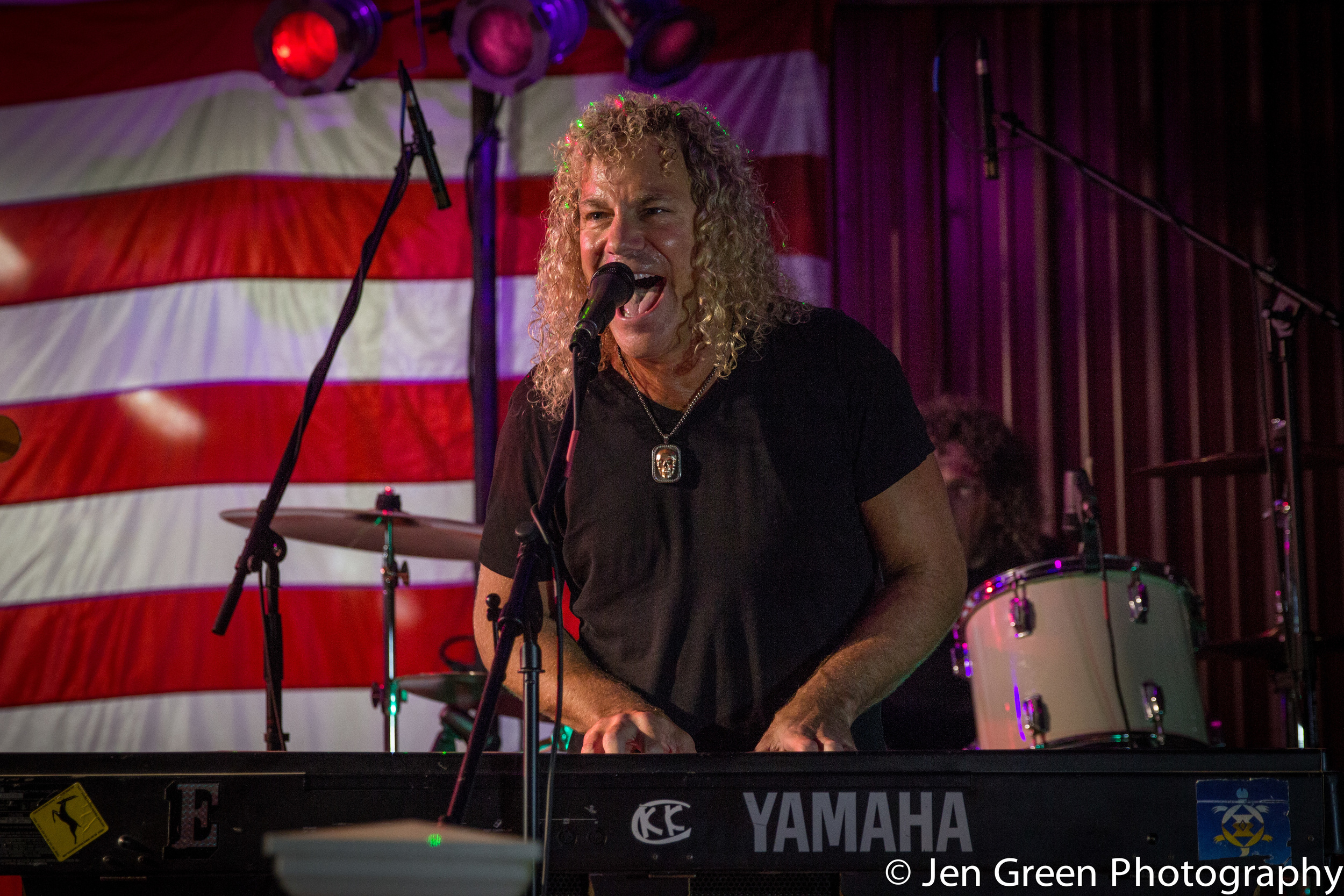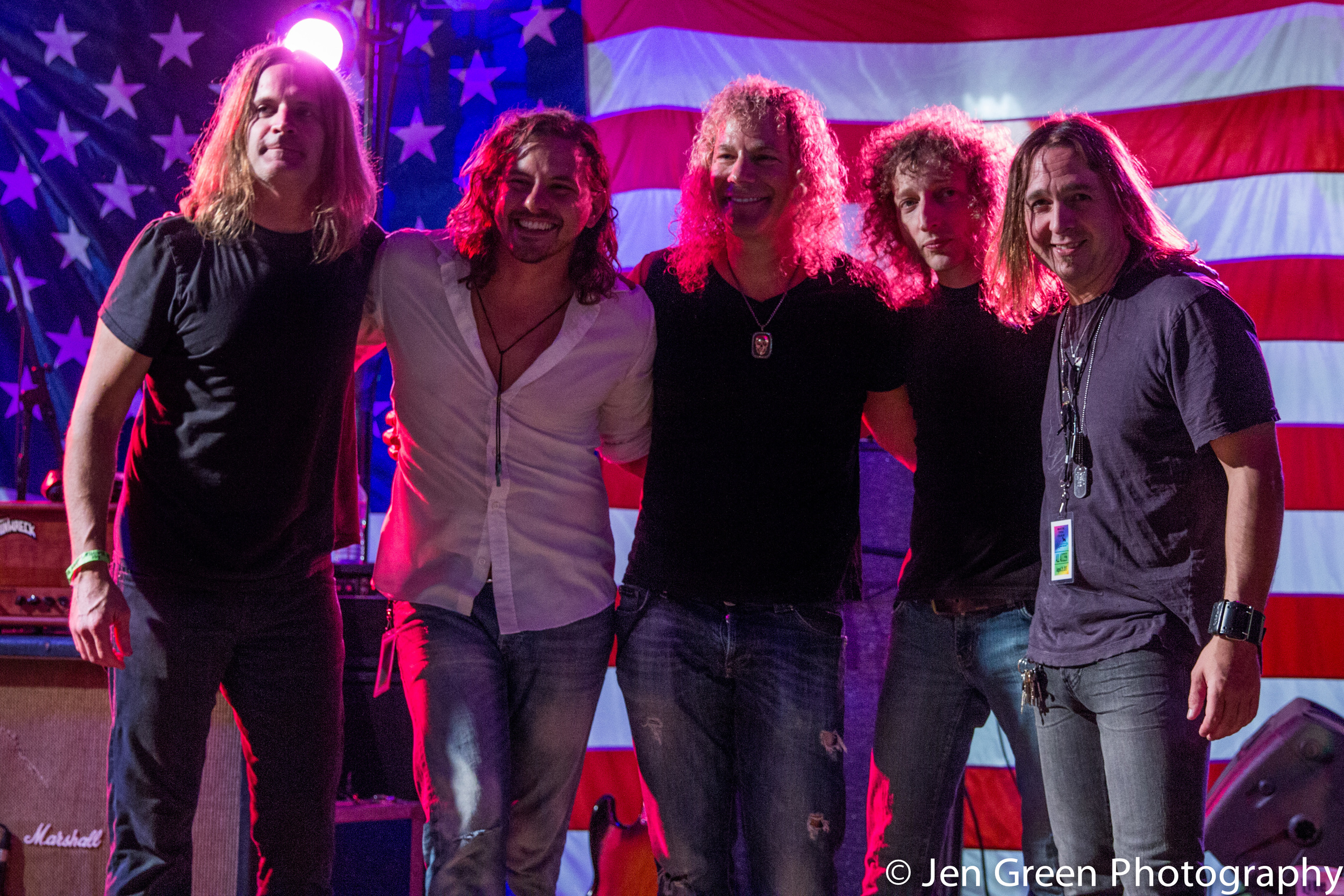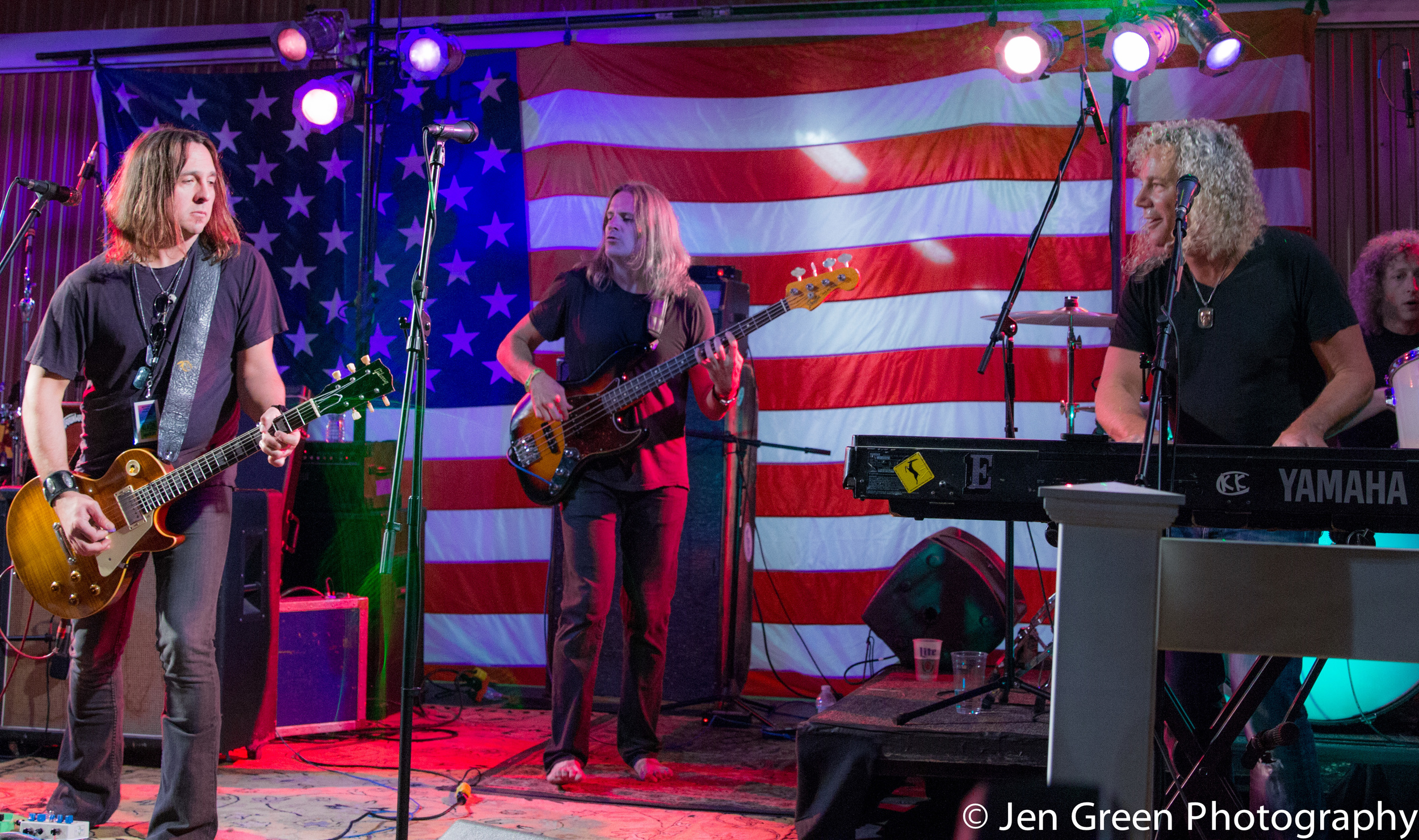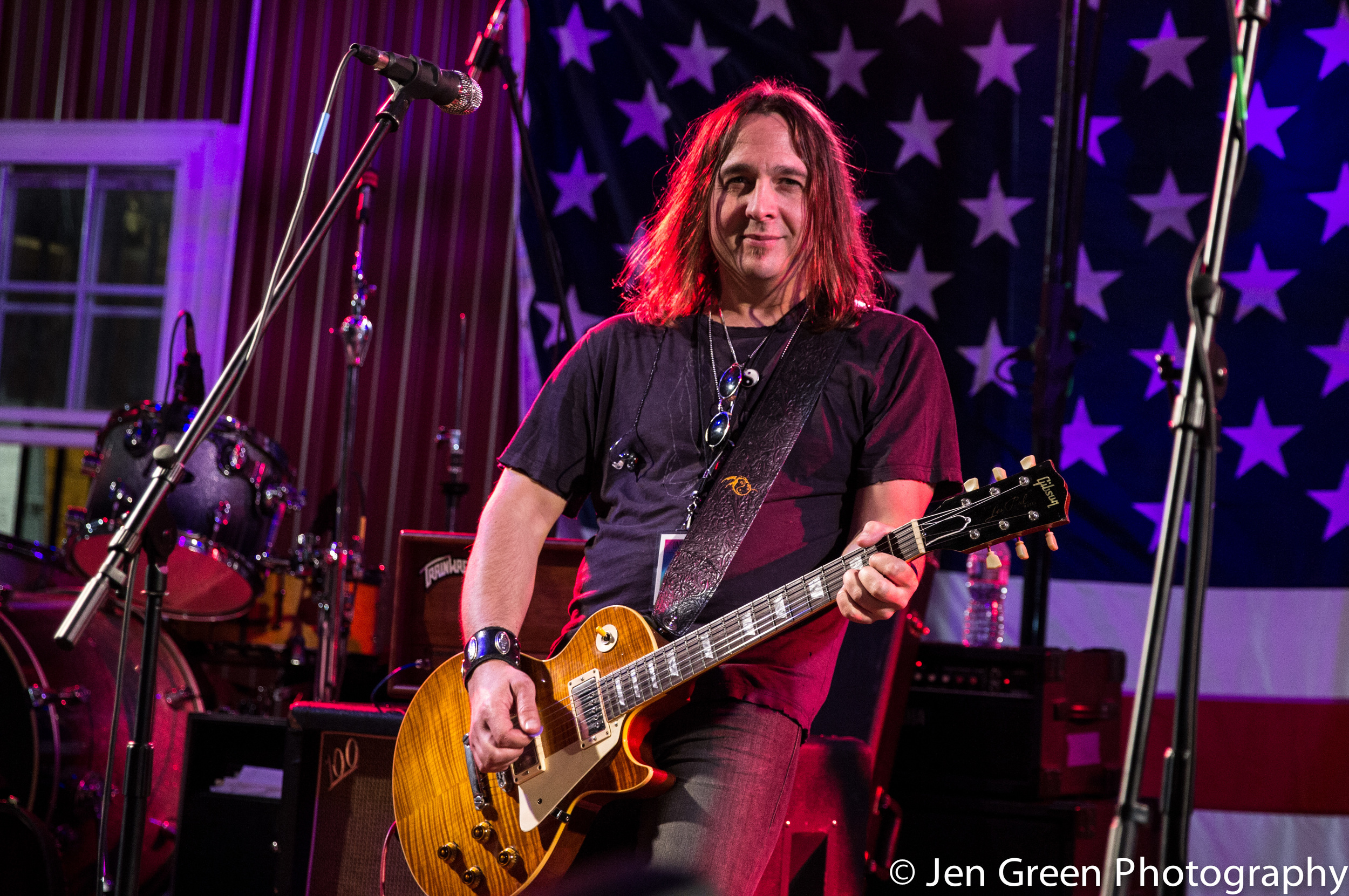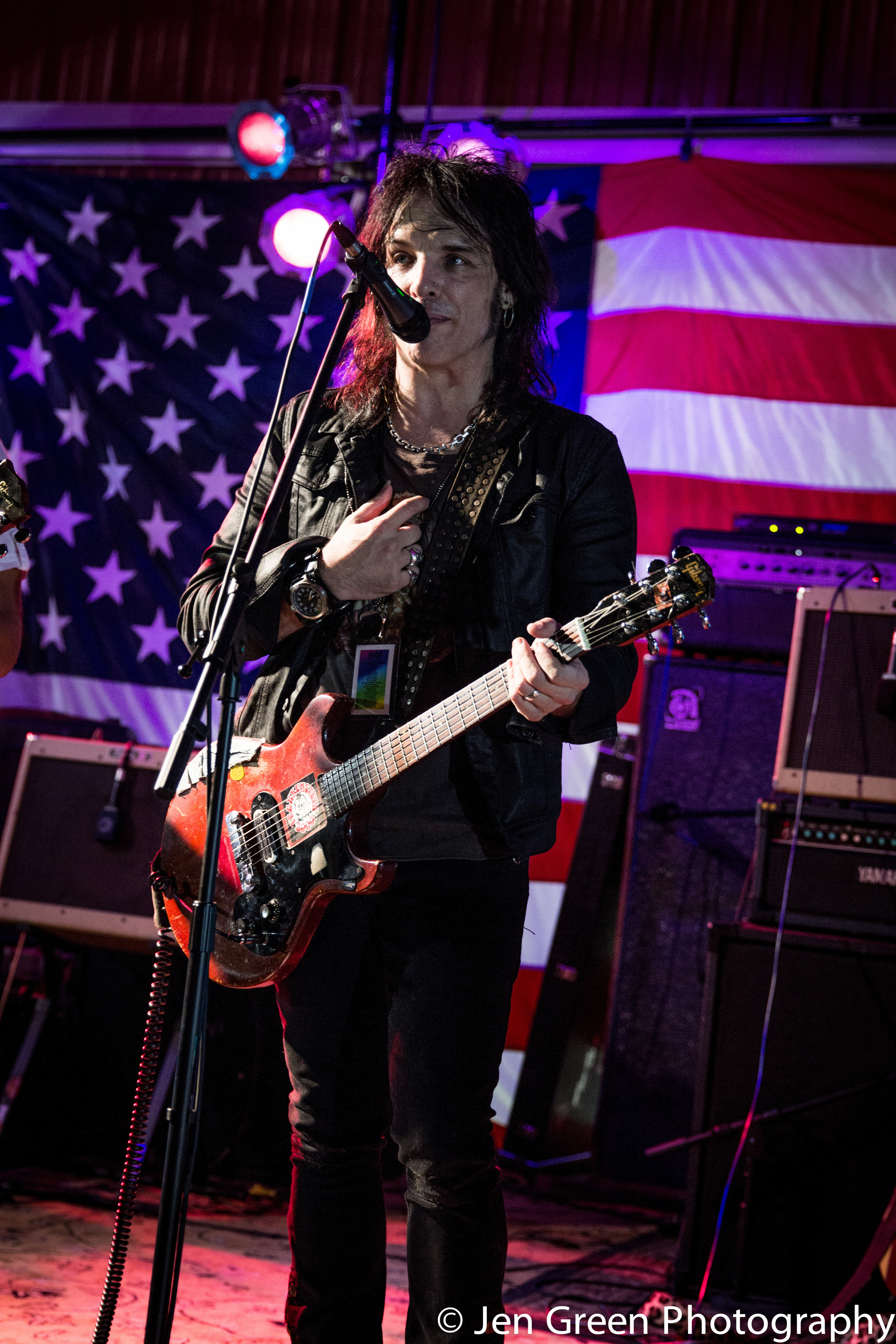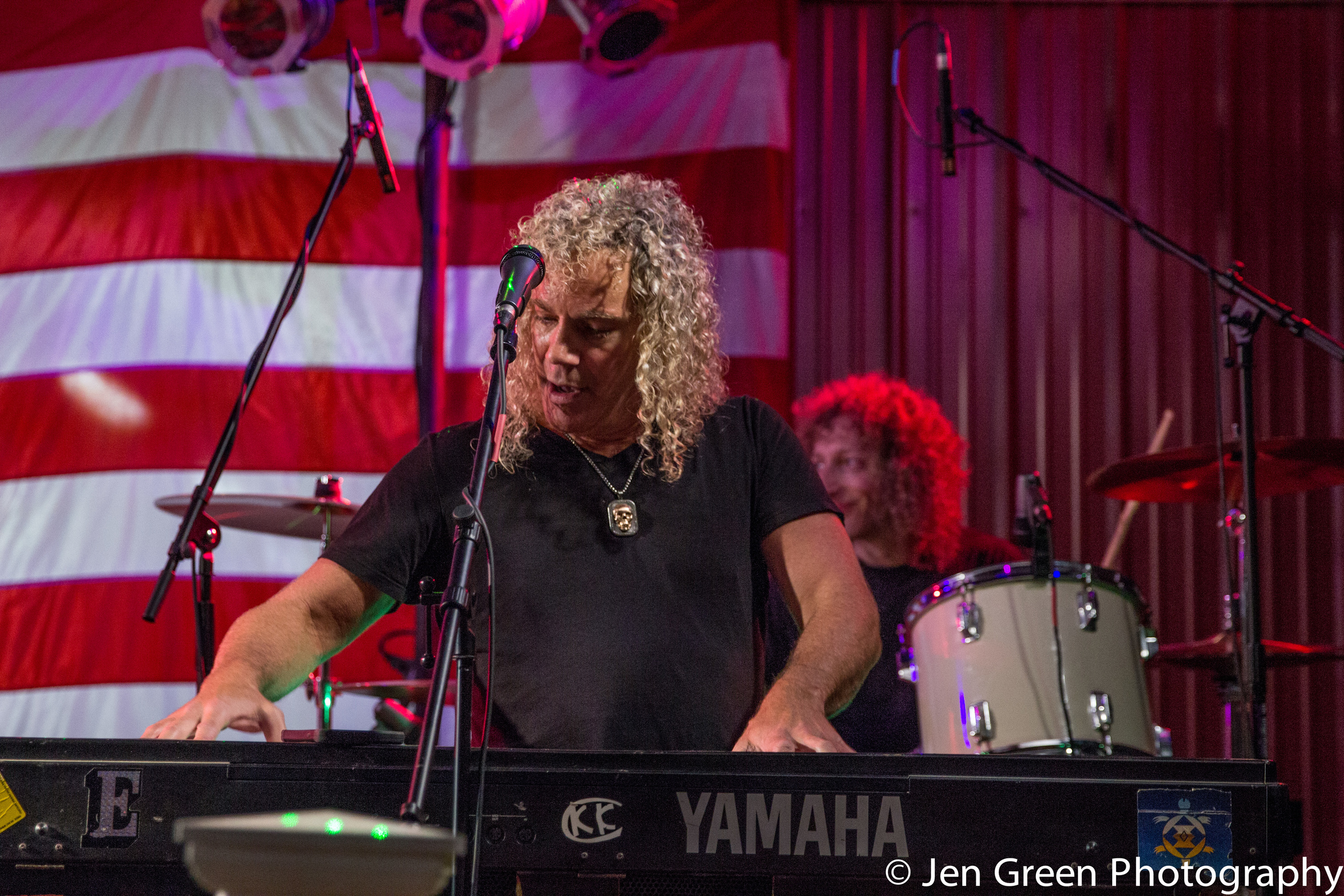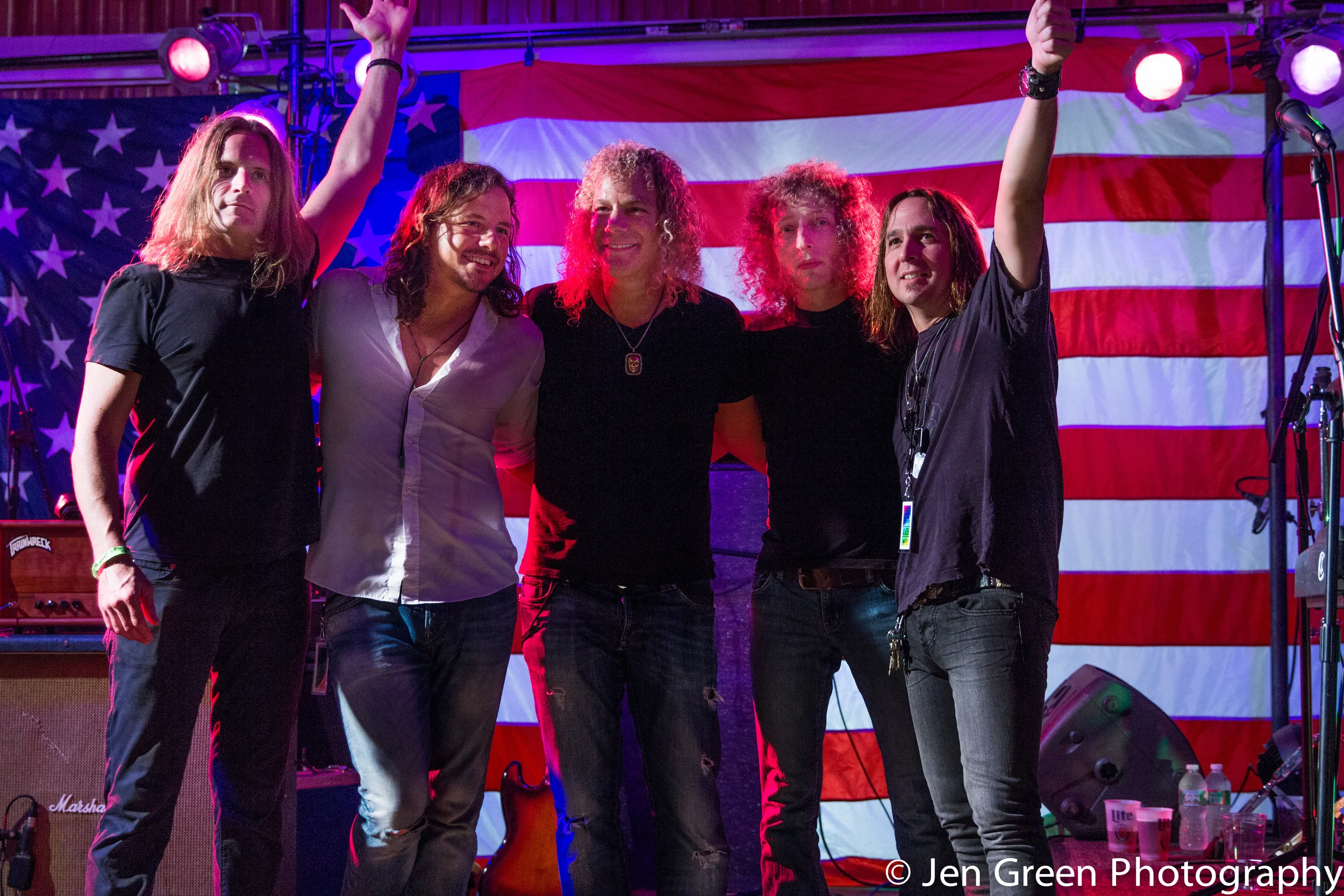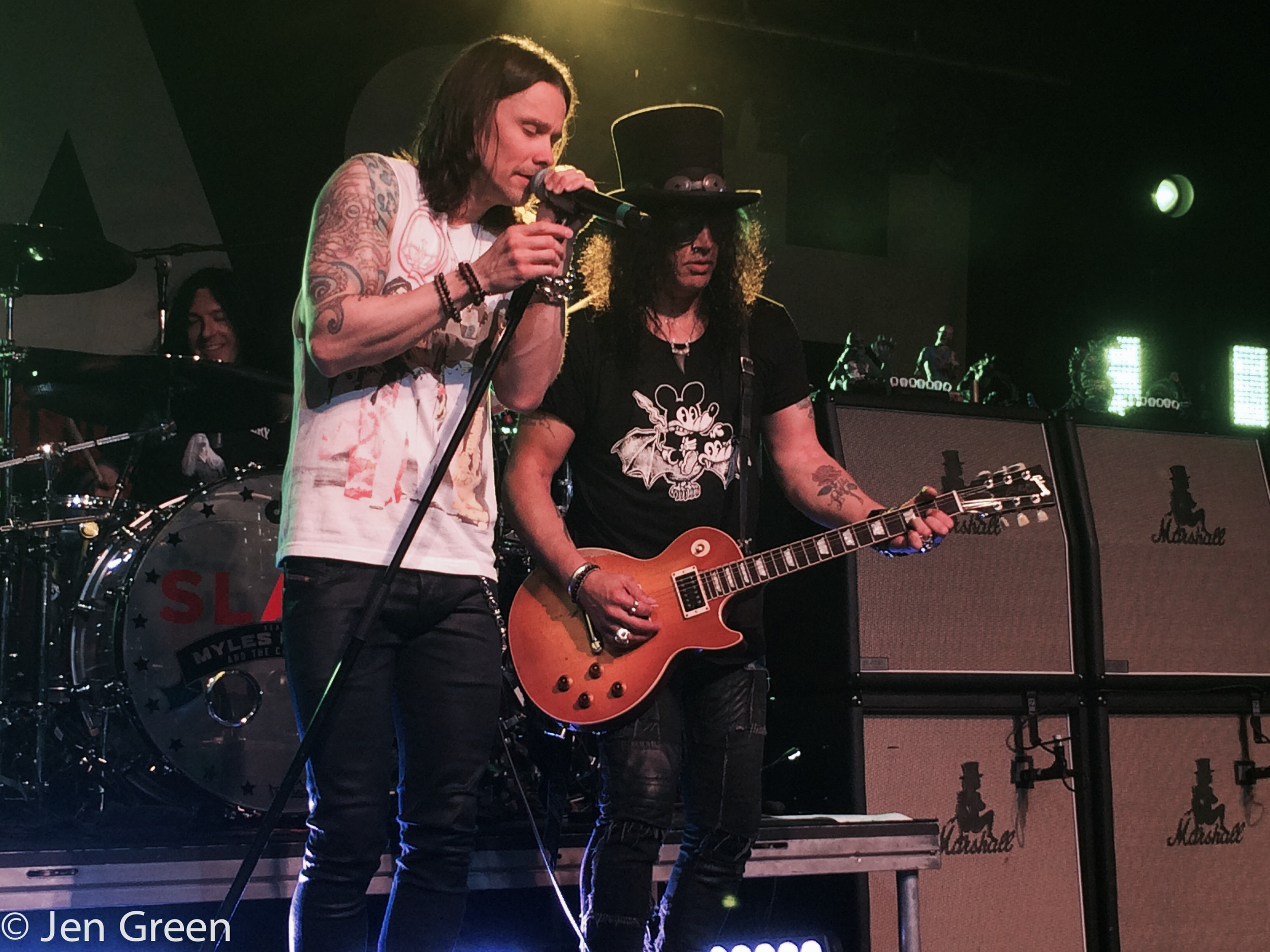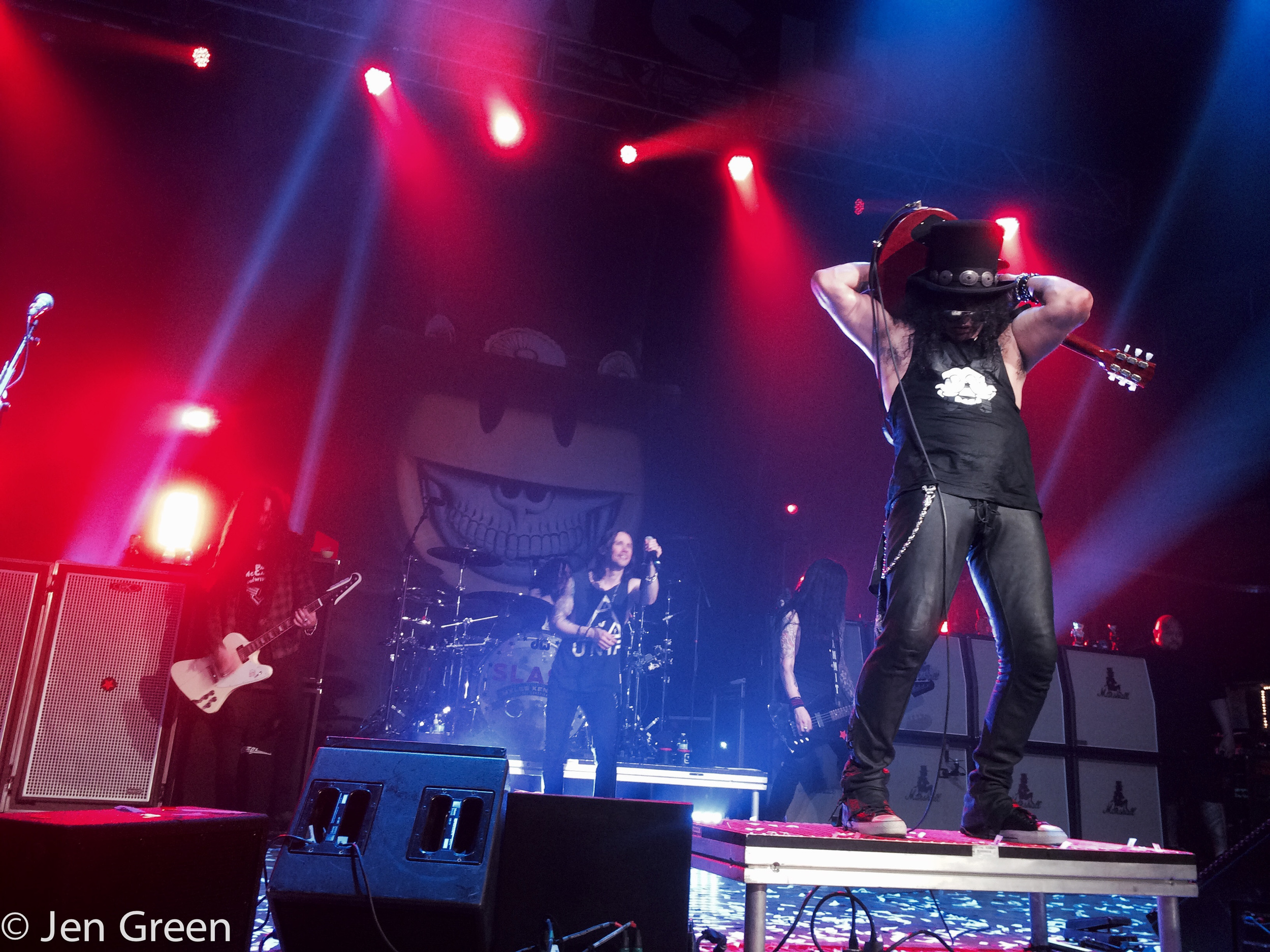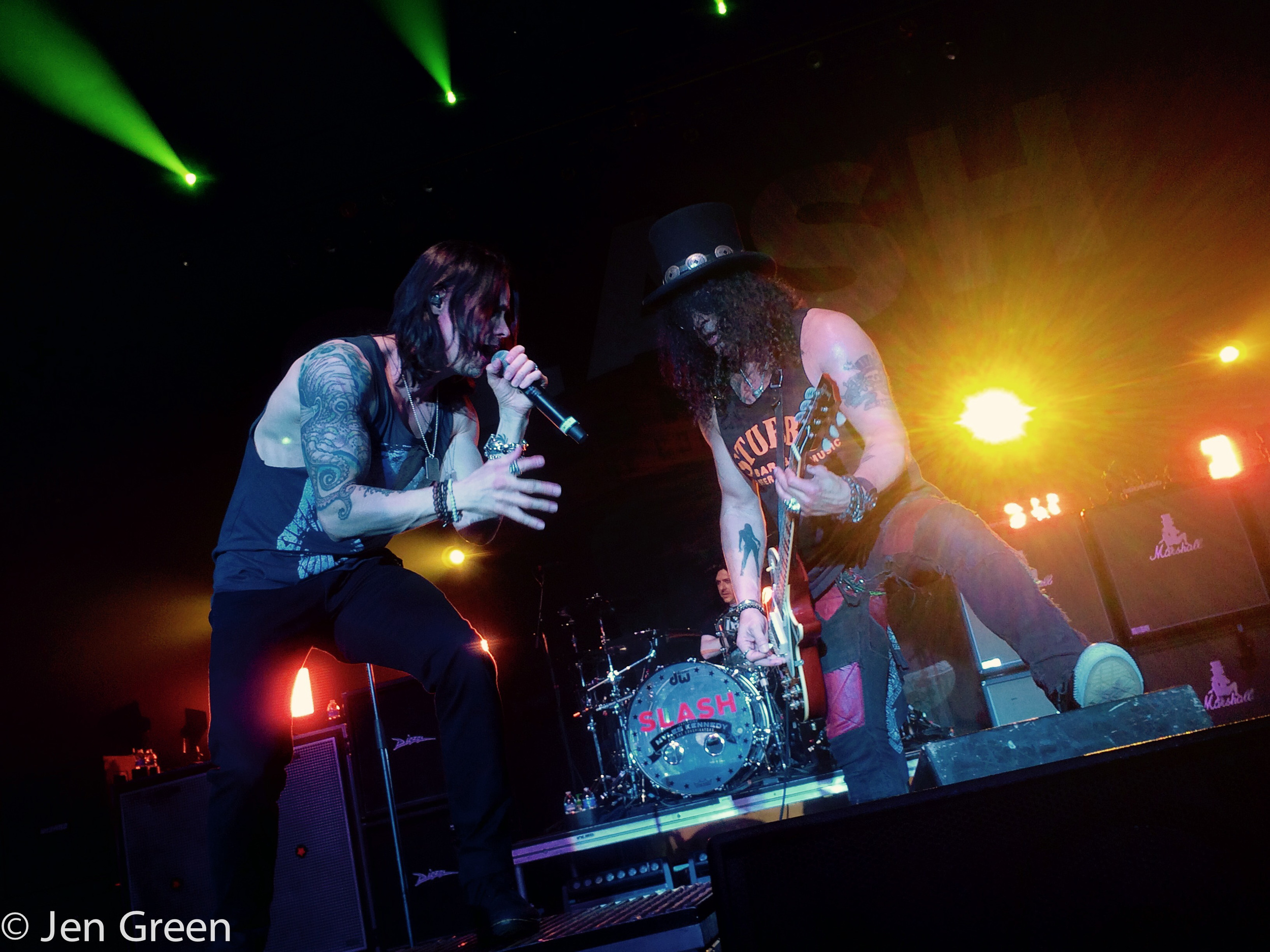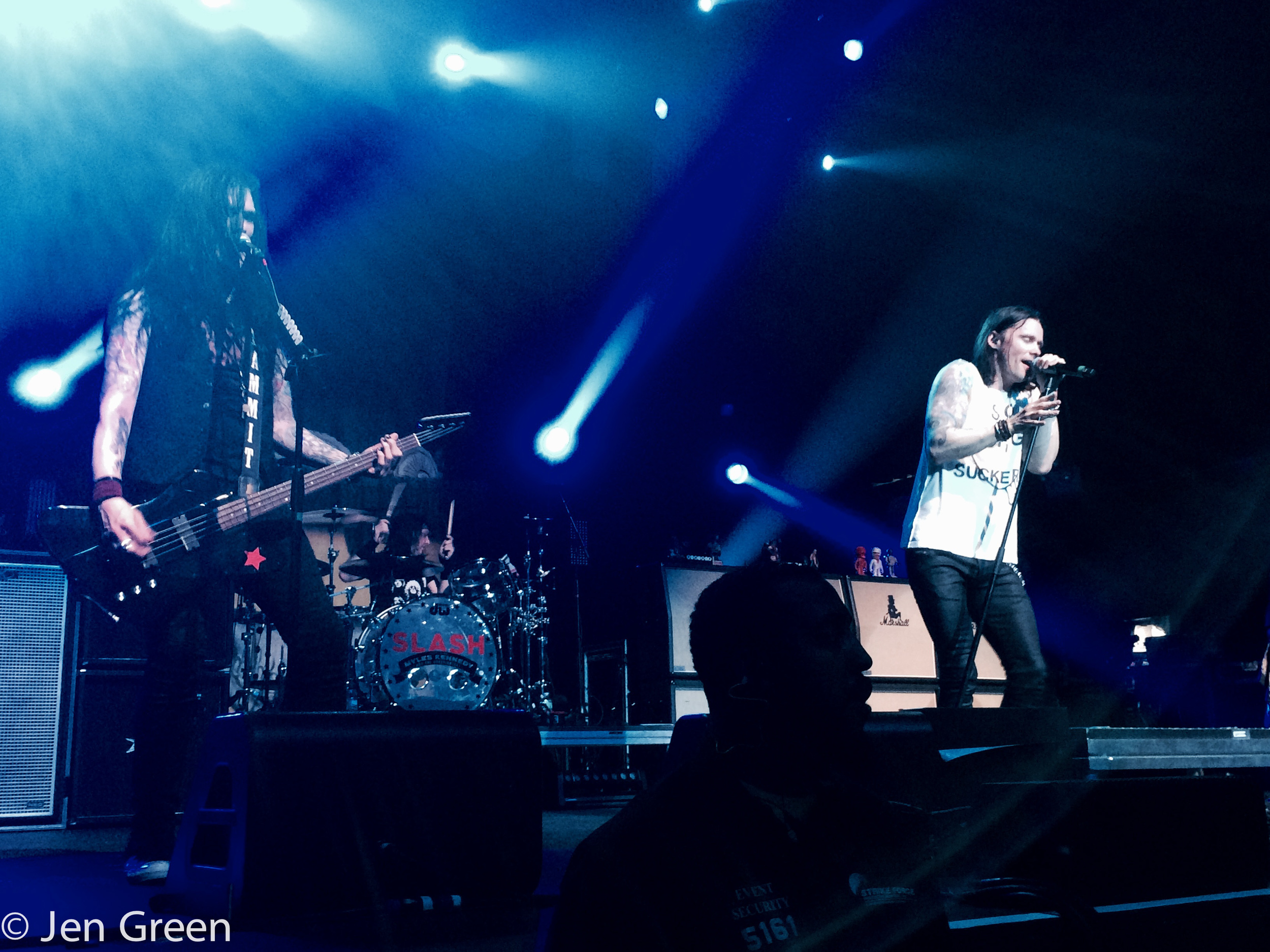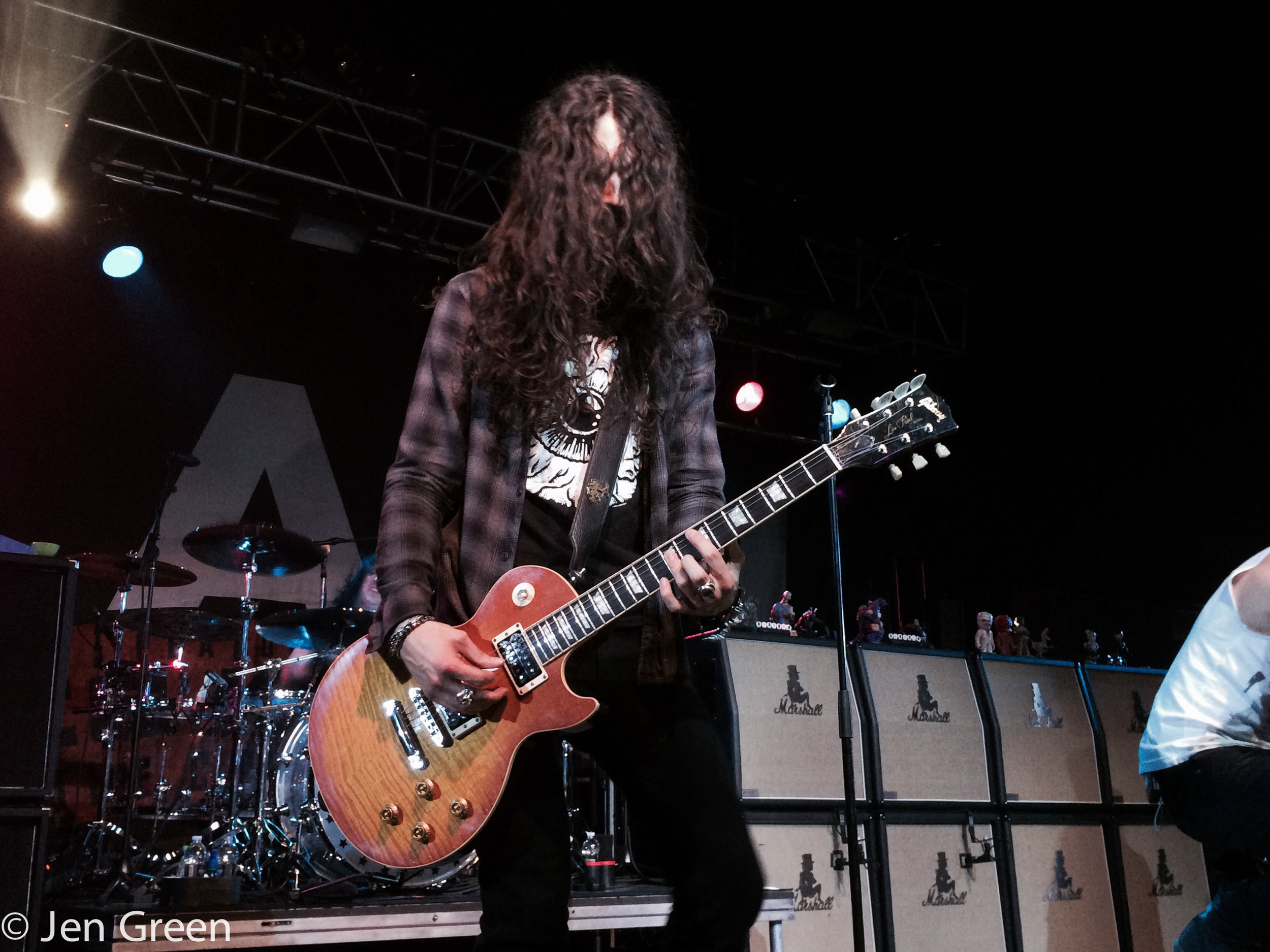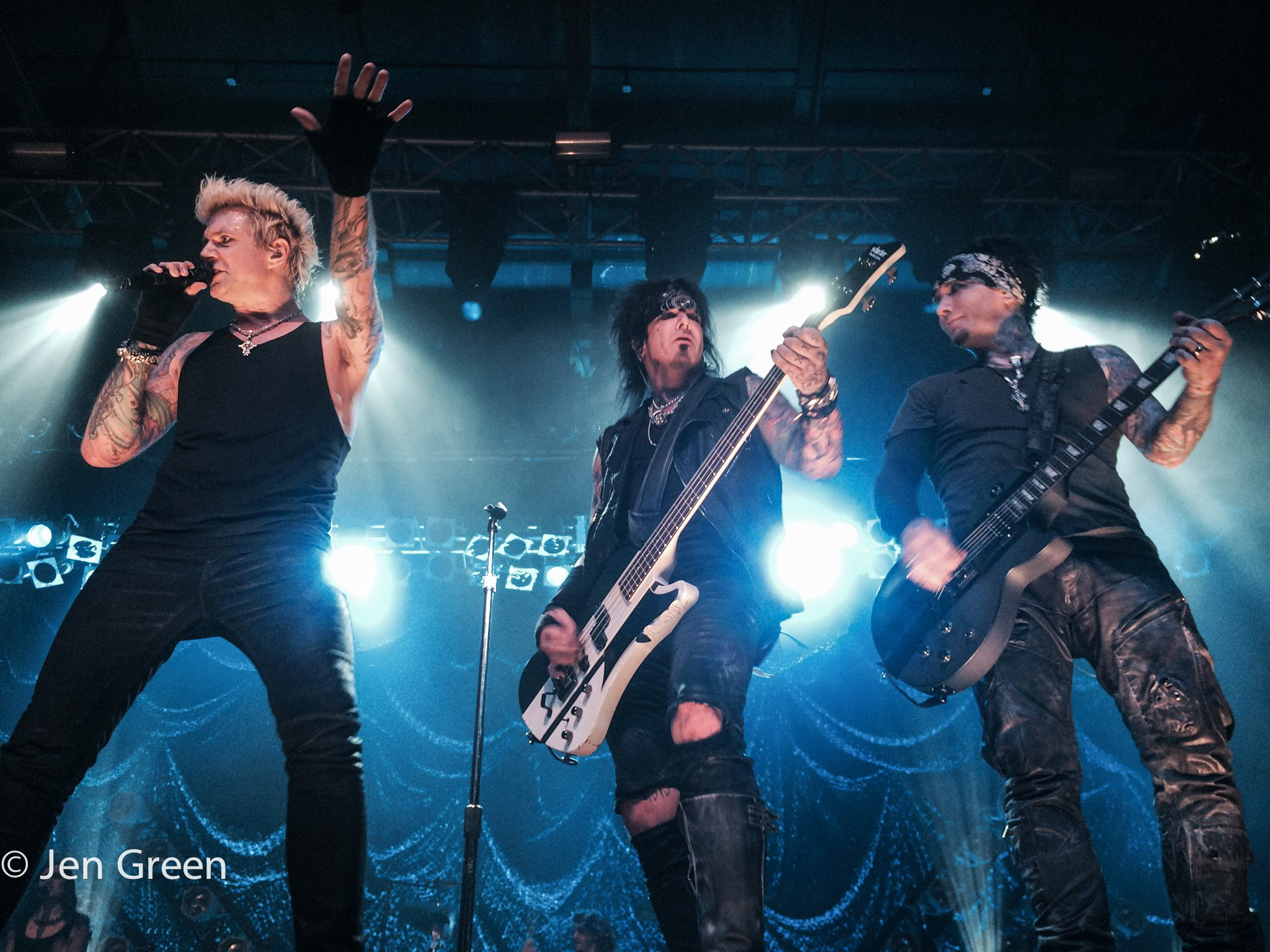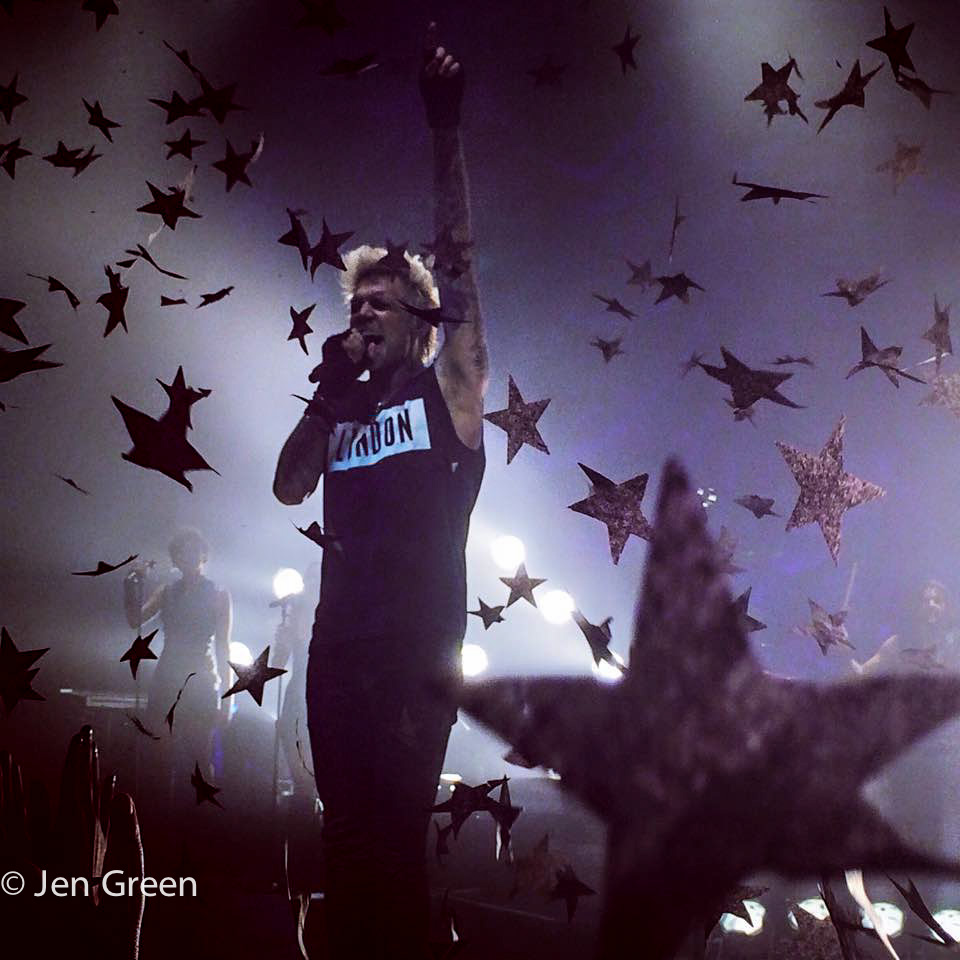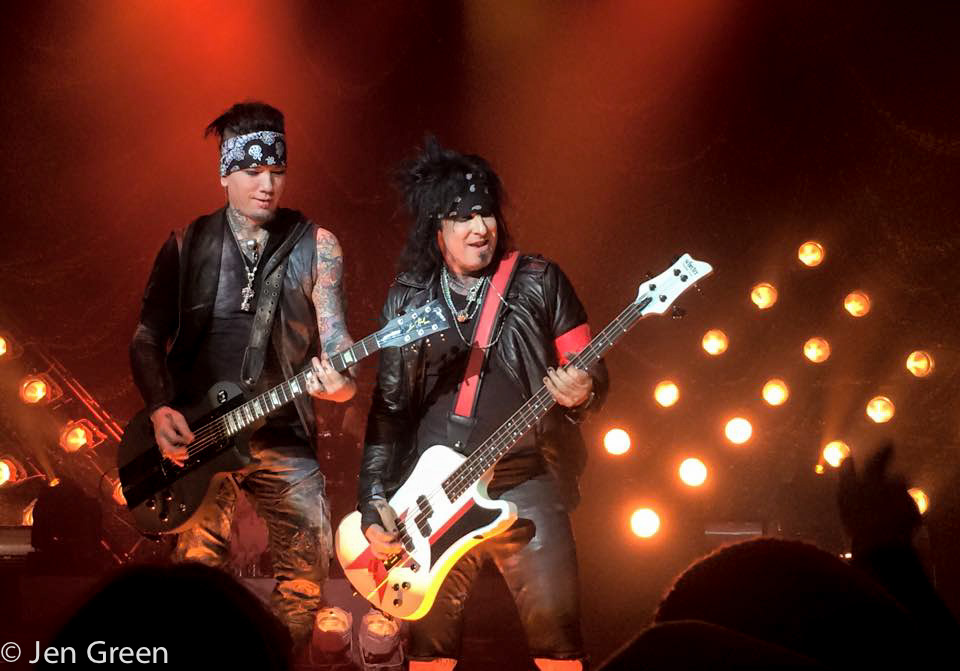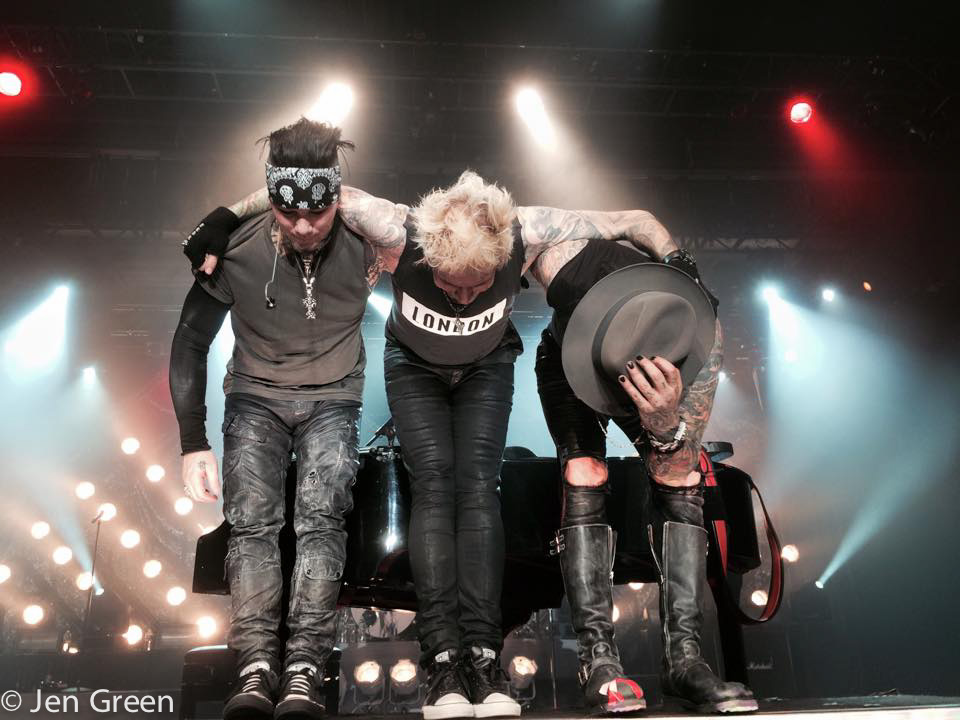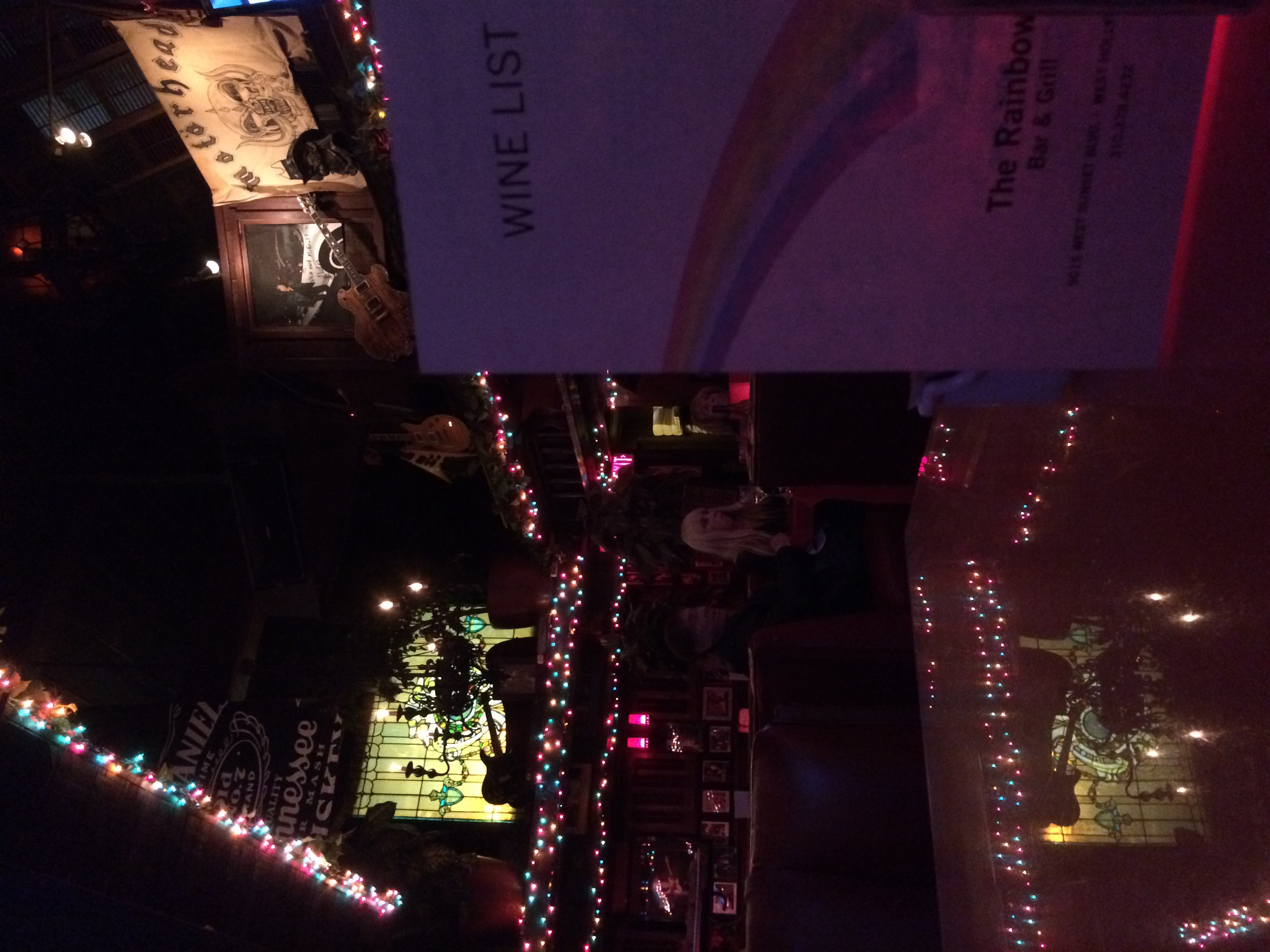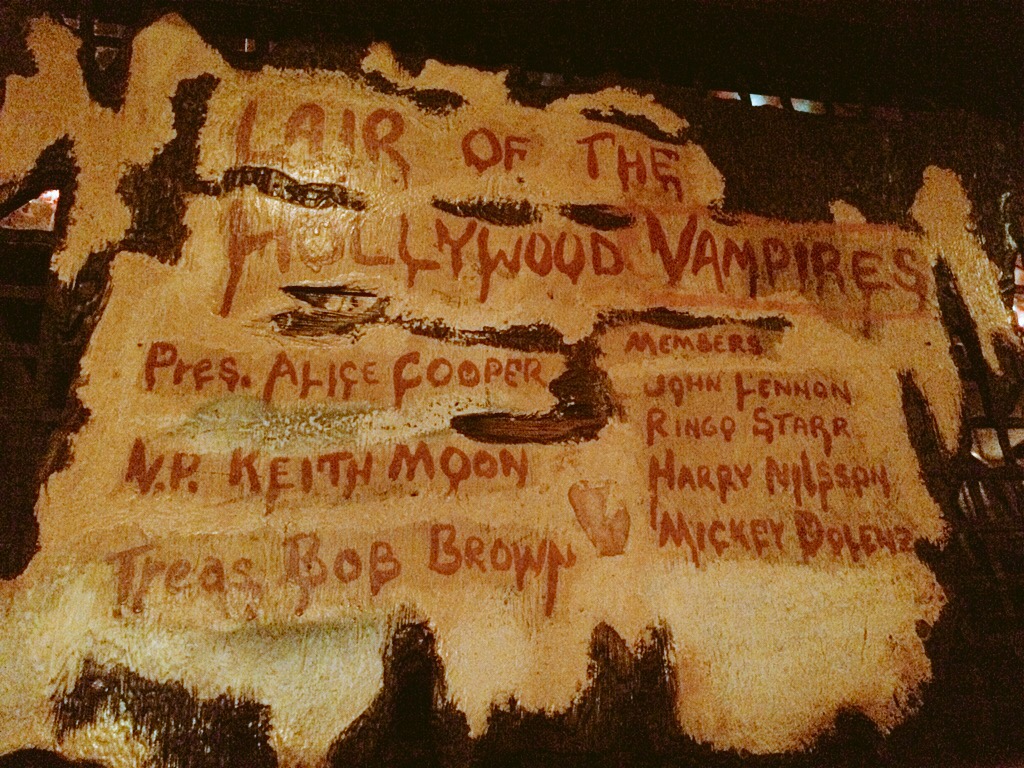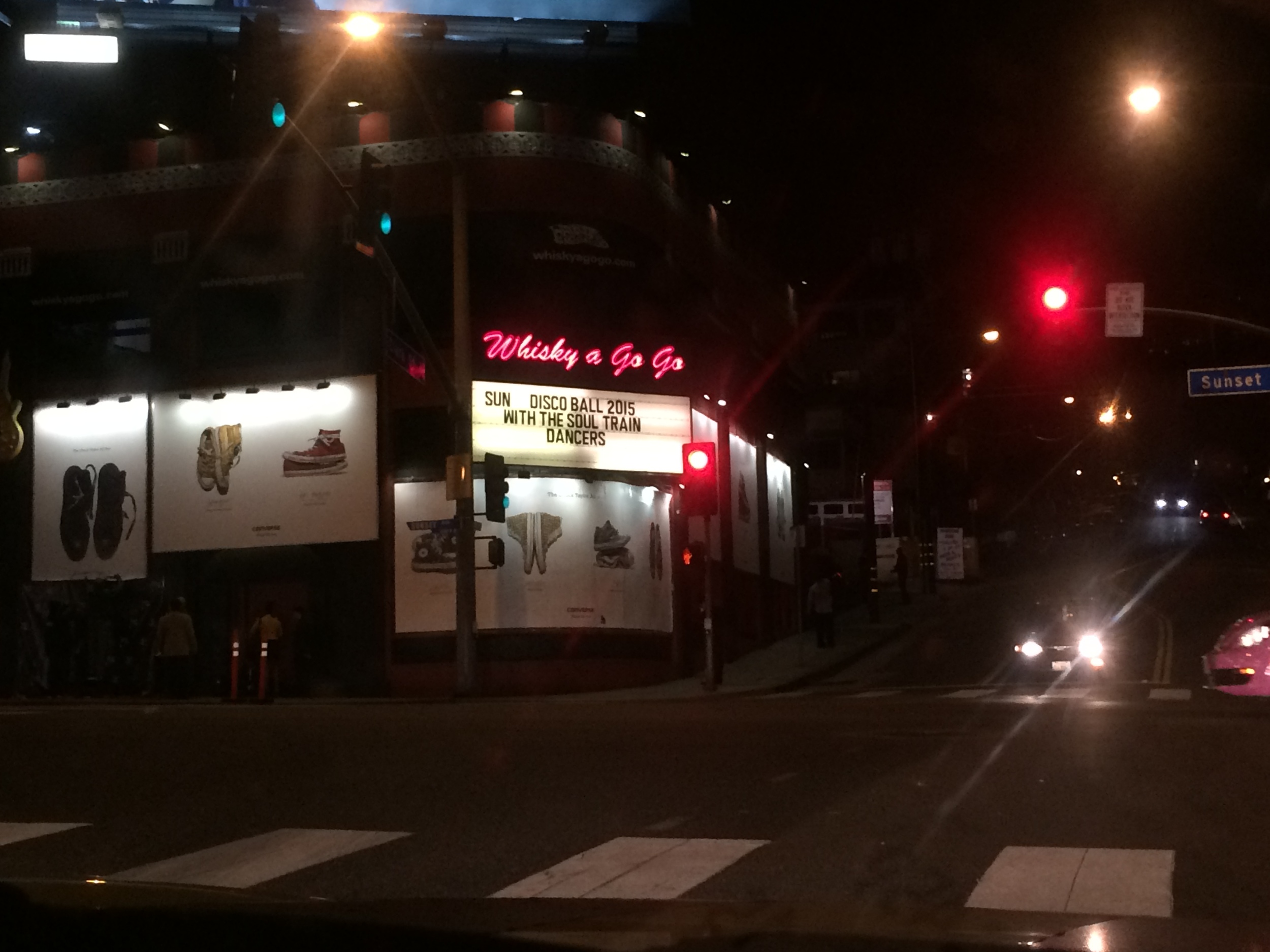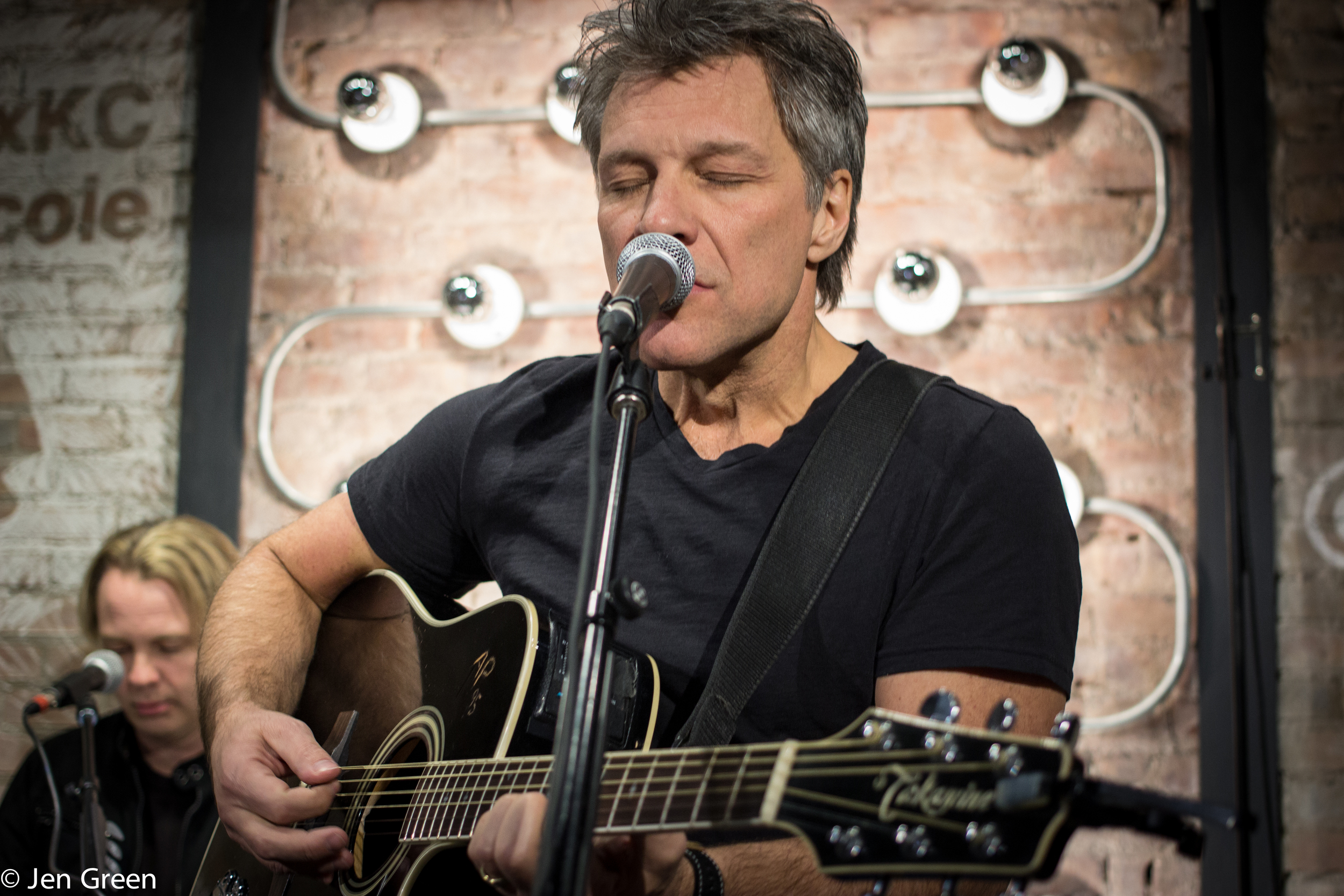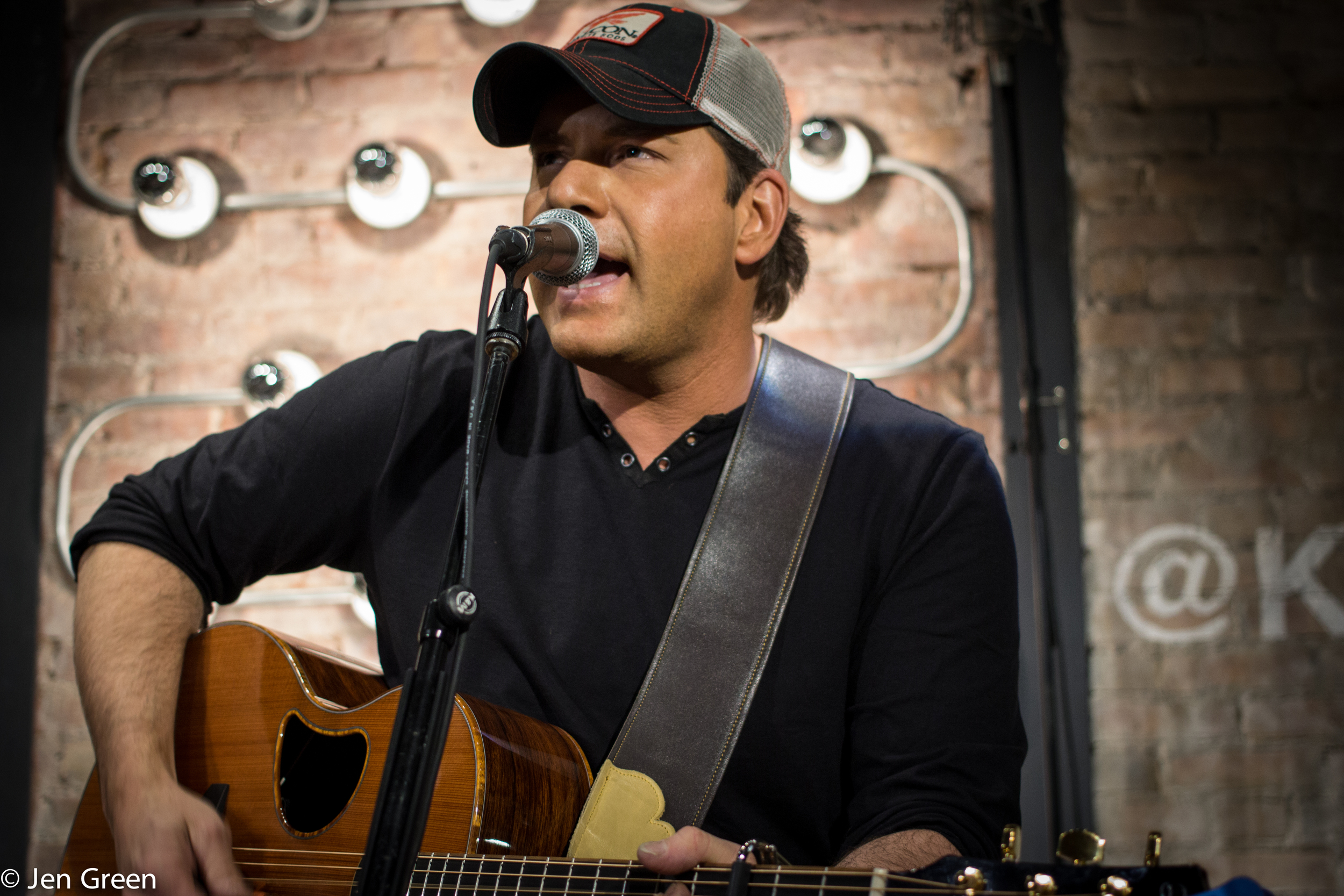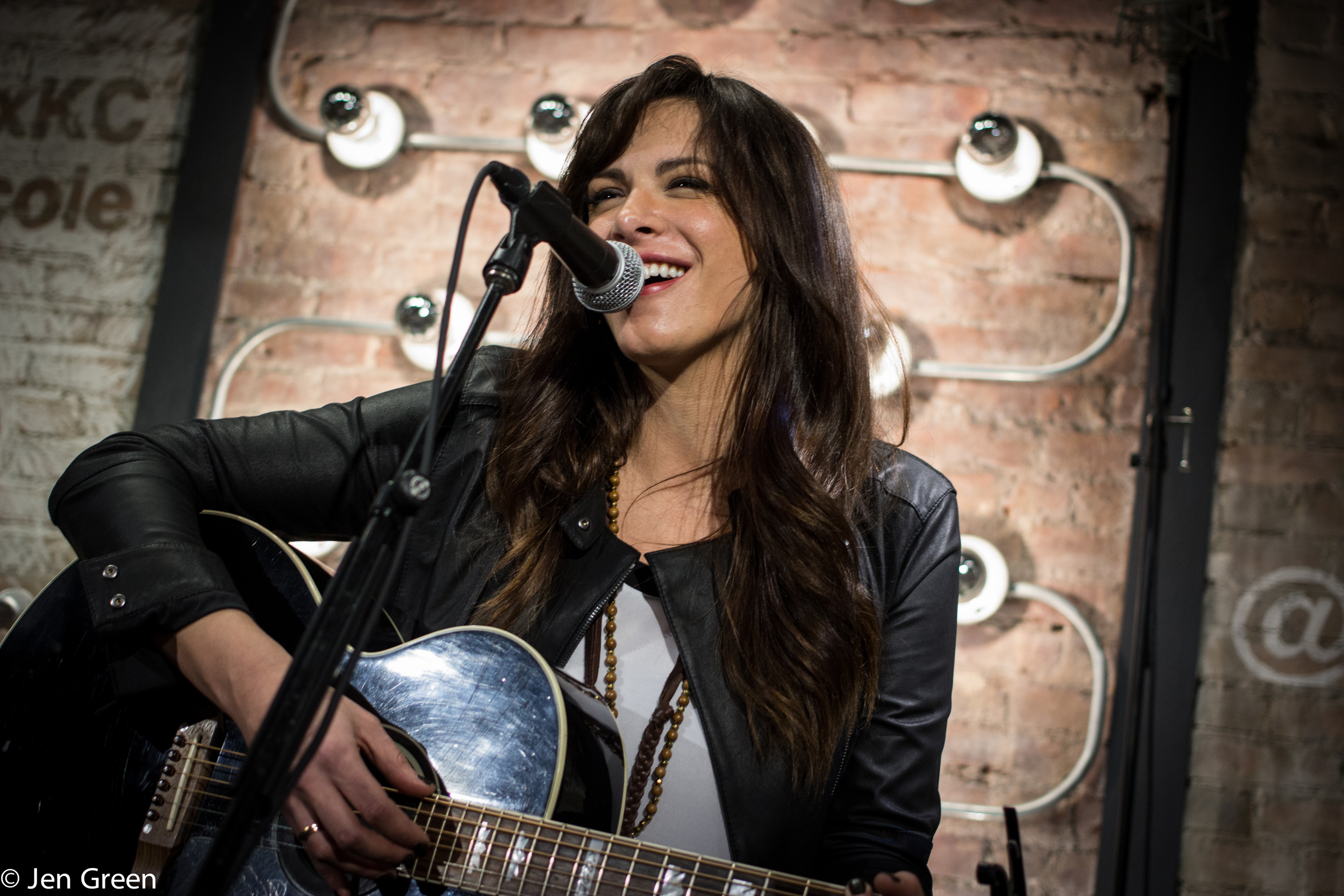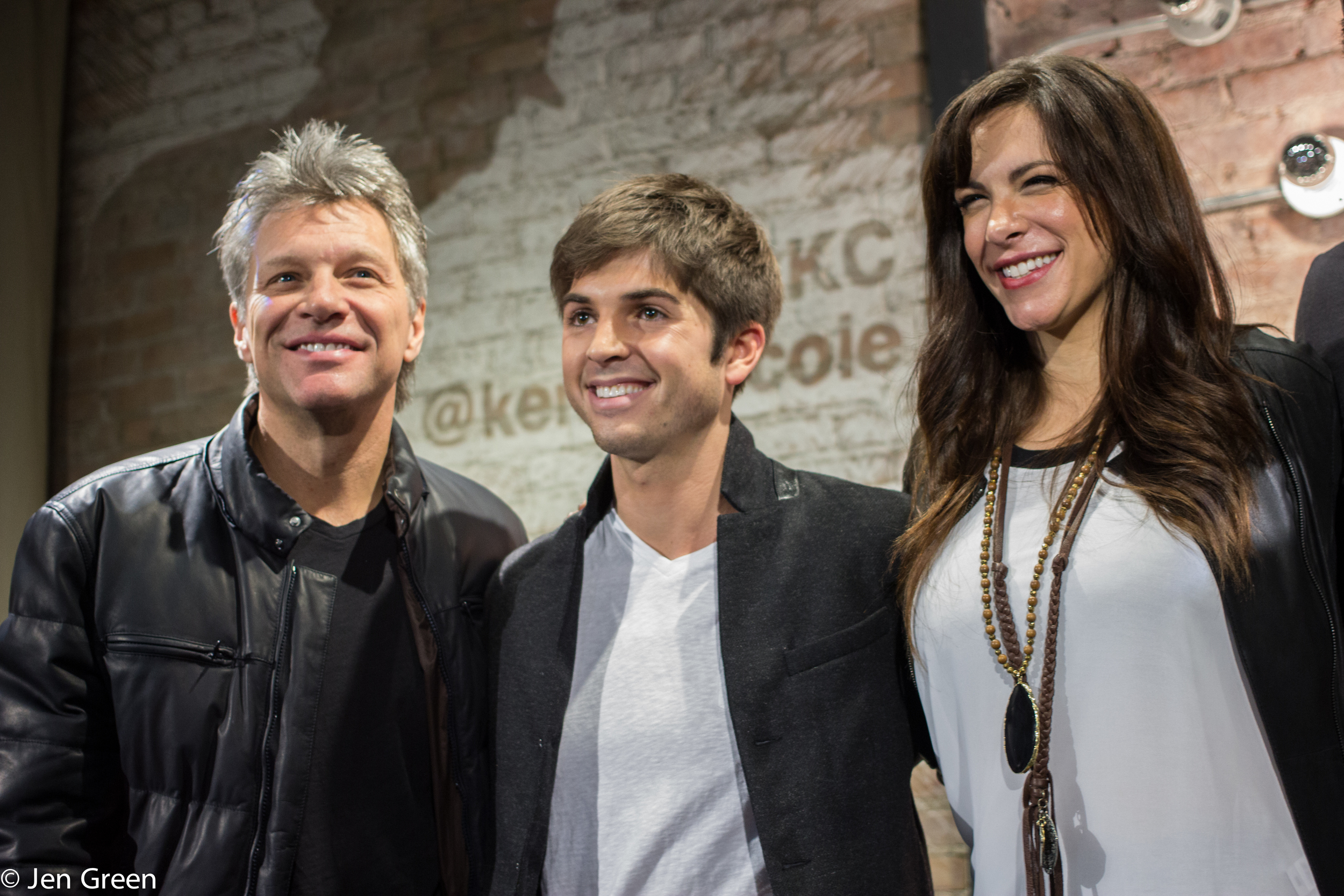Everyone has heard it in the news; illegal downloading of music has been a huge topic of discussion. While many popular news outlets have convinced the public that the music industry needs more protection, it’s not the industry that has been suffering. It’s the musicians themselves who are being squeezed tight as profits are being diverted from them to the executives at the top of the industry. From world-renowned rockers like the Rolling Stones, to local musicians desperately trying to make a good living, the same complaint is heard. While many bands have spoken out about change, the problem is still relevant. Unfair binding contracts that result in a lopsided distribution of funds, coupled with an exaggeration of music piracy has prevented bands from making a fair profit. It’s time for musicians to get their fair share for their hard work.
The Recording Industry Association of America (RIAA) and the record label executives continually ask for more laws and regulations to protect the labels. Ironically, they are the only ones making huge profits at a time when the music industry is proclaimed dead. In its huge battle against Napster that topped news for weeks, the RIAA claims to have lost millions of dollars due to illegal downloading However, the amount of money lost is not so much the question, as who is really suffering? The record industry is still booming with companies making huge profits from licensing, tours, and album sales, while the artists who create the music are getting the worst end of the deal.
Take a look at the facts; the distribution of money from music profits is already in favor of the big companies. Research done by Jefferson Cord of The Root shows that on average, the money made from music sales is “split so 63 percent goes to the record label, 24percent goes to the distributors, and 13 percent goes to the band.” Only 13 percent of the funds made from the bands hard work, production, writing, and performing goes directly to the musicians. To make the situation worse, there are on average four members in a band and the 13percent not only gets split between them, but first goes to cover expenses for their manager(s), producer(s), and lawyer(s). Essentially, for every $1,000 in music sold, the average musician only makes $23.40 according to Cord.
Songwriters and musicians are making a fraction of what they used to. The bands are not profiting, the streaming companies are not profiting, yet the label companies are still successful. How is this possible? The labels not only get a majority of the profits from album sales, but they make additional money from music they own the rights to by contract. With no contractual obligation to share funds with the artists, they profit highly by licensing them to online streaming companies such as Pandora and Spotify. The corruption can also be seen because many of the same people who own the labels are also partial owners of the streaming companies who pay to license the music.
Analyzing the research by Andrew Leonard reveals the truth. He explains that the labels, “are generating hundreds of millions of dollars in revenue just from licensing, with no need to pay for distribution or manufacturing. Spotify alone is reported to have paid $100 million to the three major labels to license their catalogs”. Well, 25 percent of Spotify is owned by those same three major labels. For business it is genius, because they are making money licensing their catalog to another company that they own in part. For the musicians, it is just another part of the industry where they are being cut out of the money stream.
Consider what Motley Crue, will.i.am, and Jared Leto all have in common. They are world-recognized musicians who have publicly fought the corruption of the music industry despite their success. A good example is Motley Crue, who benefited greatly when they retained ownership of their songs after the record label to which they were under contract went bankrupt. They broke away from that label and were able to market directly to the public. By owning the entire rights to their songs, the band was able to create their own label, Motley Records, where they can directly profit from the records sold.
Bassist of Motley Crue, Nikki Sixx best explains it in an interview with Ken Kurson. “When you’re signed to a label, you get a royalty rate, usually as little as possible, maybe 12 percent of the retail price. When you’re on your own label, you get 100 percent.” Sixx goes on to explain that when you’re on your own label, “If you’re getting $10 a record and you sell 1.5 million records in the last 12 months, like we did, that’s $15 million. With my other deal, I get $2.2 million. Why do you think record companies fly around in custom G4 jets and live in high rises?” The difference between getting $15 million or only $2.2 million is what has made such an impact on the artist while the industry leaders are seemingly untouched. The message is clear, it’s not the music industry that needs protection, it’s the musicians.
In 2013, will.i.am spoke out about the outrage over the industry’s use of video streaming services such as VEVO and YouTube. In an interview with Paul Resnikoff he tells that he believes that “the music industry has been redefined, utilizing the technology, leaving the artist out of the equation. So the power has to go back to the artist, and that’s what we’re experiencing here. Somebody’s monetizing it.” Label companies force artists new contracts to support certain branding ploys, regardless of how they feel about the brand, if they want their videos shown on popular websites. While that is unfair, the damage is made worse when the label, rather than the artists, profits from the views. Once again it is leaving the artist with no control and taking them out of the profit stream while the advertisement money goes to the label.
One of the most recent top touring acts, 30 Seconds to Mars has seemingly been on top but have had their fair share of financial issues. In a year-long battle with the industry Jared Leto, front man of 30 Seconds to Mars, fought back after a massive lawsuit. The lawsuit was caused due to Leto’s failure to produce five albums in seven years, as required by the deal he signed with a label when he was a struggling artist. A self-produced documentary, and an interview with Forbes magazine demonstrates that the terms of the contract bound him to accumulating debt with every release, which is why he could not continue. Leto further tells Forbes how abusive the industry is.
“[The record labels] treated audiences as poorly as they’ve treated artists – they’ve had the upper hand and they’ve been heavy handed,” he said. The artists are not the only ones being hurt monetarily, the fans are as well. Less profits from albums means higher costs for tickets for tours because the bands have little options to profit. This is just another of the many examples where the label industry is taking advantage.
So, what does this mean for the artist? Essentially, it’s a battle that will be continually fought until new outlets are created or greed is eliminated. An independent label is just about the only option for bands to make in a time of such corruption and it is not an option easily pursued by most new artists. The industry does not need more laws against illegal downloading or more protections. If anybody needs protection, it’s the songwriters and musicians who create the magic that becomes the album.
The industry is hardly affected compared to the losses suffered by the musicians and other artists struggling to get ahead in the business that is founded around their own artistic creations. One may ask what they can do to help, and the best answer is to support the bands that play a role in your life. Go and buy the concert tickets, buy the merchandise, post a tweet about the band. Until the industry changes for the better, these outlets are the best way to benefit the artist that may have changed your life.

















